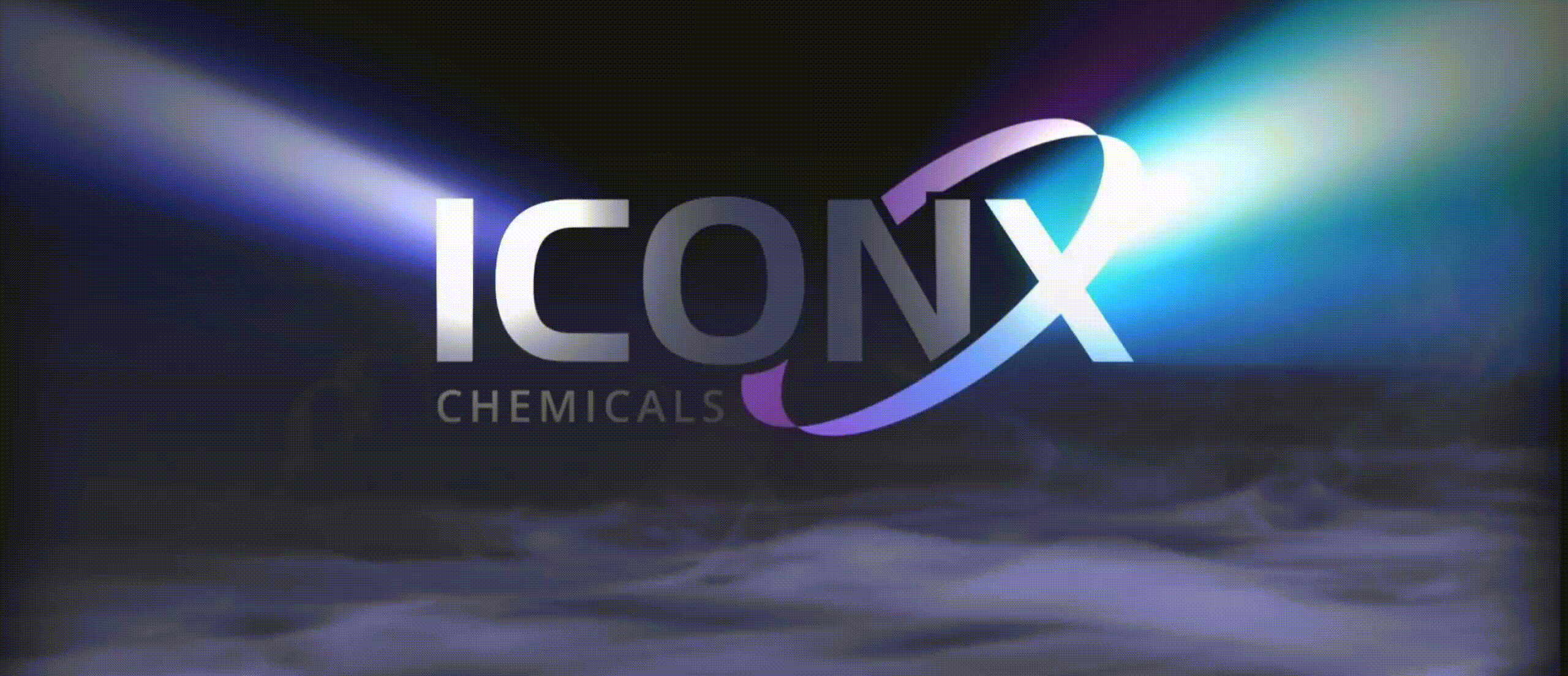Reverse Osmosis: This is a popular water treatment technique where water laden with impurities is made to pass through a membrane and a filter. Generally, a semi-permeable membrane is used for the purpose, and along with the filter, it helps remove up to 99% of impurities comprising toxic substances, bacteria, and other contaminants. Reverse osmosis is used for water treatment as well as wastewater treatment in the pharmaceutical industry. Inline Sand Filters: These inline sand filters are widely used for water treatment in the pharmaceutical manufacturing sector. Usually, the water delivered to these facilities through water supply lines is infiltrated with sediments, sand, and soil particles. These particles and sediments may enter the water supply systems and clog them, thereby reducing their availability for various manufacturing processes. Also, impure water is not suitable for most manufacturing processes. This is where inline sand filters can be used. They filter organic materials, sand and dust particles from these water systems and reduce the chances of a leak. Cartridge Filters: We provide carbon cartridge filters, which are used to remove contaminants, chemicals, and unwanted particles from liquids. Our collection features carbon cartridge filters, which have been successfully used all these years to remove common impurities such as dirt, sediment, limescale, silt, sand, and other impurities from water. Ultrafiltration: Many pharmaceutical processes demand highly purified water. Ultrafiltration is performed to remove minute impurities from water. We provide activated carbon and activated charcoal filters for this purpose. Wastewater Treatment Solutions: In the pharmaceutical industry, different types of waste is produced during different medicine manufacturing processes. At times, pharmaceutical wastes get mixed with other waste accelerating the degradation of equipment or causing environmental harm. To avoid these, we provide different proven chemicals, which help in removing pharmaceuticals from wastewater. The following are popular solutions available with us: Emulsion Breakers: Many pharmaceutical formulations produce oil particles, which form a layer on wastewater and cause flocculation of fine particles. Our selection features emulsion breakers, which are used to separate the oil layer from fine particles. Generally, emulsion breakers are added to the water to weaken the layer of oil. Corrosion Inhibitors: These are chemicals added to the wastewater when it is sent for secondary recycling. Mineral salts are produced as byproducts of many pharmaceutical manufacturing processes, and they can accelerate the rusting and disintegration of the equipment. To avoid this, we provide corrosion inhibitors, which are generally used for post-wastewater treatment. Centrifugal Separators: Our collection features centrifugal separators, which are used for separating sludge as well as bulky components from wastewater released as byproducts of different processes.
